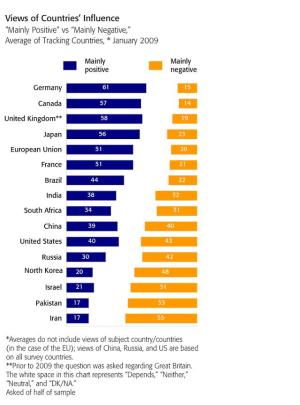I have seen over and over again, the basic mathematic principle of lowest common denominator play out.
Be it relationships, work or politics, it is the lowest behavior that becomes common and everybody falls to it. People upholding higher statutes are sooner or later grinded down by people who uphold no higher values despite always claiming to do so. Be it at the personal level — helping others despite inconveniences to themselves until the day you ask for help and are bluntly turned down, turning the other cheek for so long that you realize they don’t care if a cheek is left on your face or selflessly offering service till you realize that most are busy furthering their own cause. Or be it at the global stage — secularism over fundamentalism, nonviolence over violence, integration over segregation.
And that brings us to the crux of the discussion today. Please read this article from New York Times, “British PM ‘Appalled’ by Protest Plans.” A radical Islamic group, Islam4UK, is planning a protest march through the streets of a town that has achieved iconic status in Britain for honoring the passing hearses of British soldiers killed in Afghanistan. As part of the protest march they plan to carry “empty” hearses to replay the honor bequeathed but this time to civilians killed in Afghanistan.
If that is not outrageous enough, this plan was announced by Islam4UK in letters sent to the families of the 246 British soldiers that have died in Afghanistan.
Islam4UK is an off-shoot of a group that was banned in 2005. The group in 2005 praised the perpetrators of 9/11 as heroes.
As you can see, it has got nothing to do with justice since it is not as if this group is asking for innocent Afghanis killed in the war to be honored, it is basically interested in honoring all Muslims — terrorists or otherwise and doesn’t care about honoring members of other religion. It is also not considering any facts about who started this latest cycle of violence in South Asia and the Western world including the barbaric attacks of 9/11.
I believe we are at a major inflection point in relationship between peoples. The doors that have been open in the West to integrate people from all parts of the world are going to get shut and shut fast, especially to natives of certain countries. For, some people are hell bent upon bringing us all down to the lowest common denominator — accept me but I will not accept you. Don’t fight me but I want to take you over.
Filed under: Europe, World Affairs | Tagged: 9/11, Islam, South Asia, UK, USA | 4 Comments »


